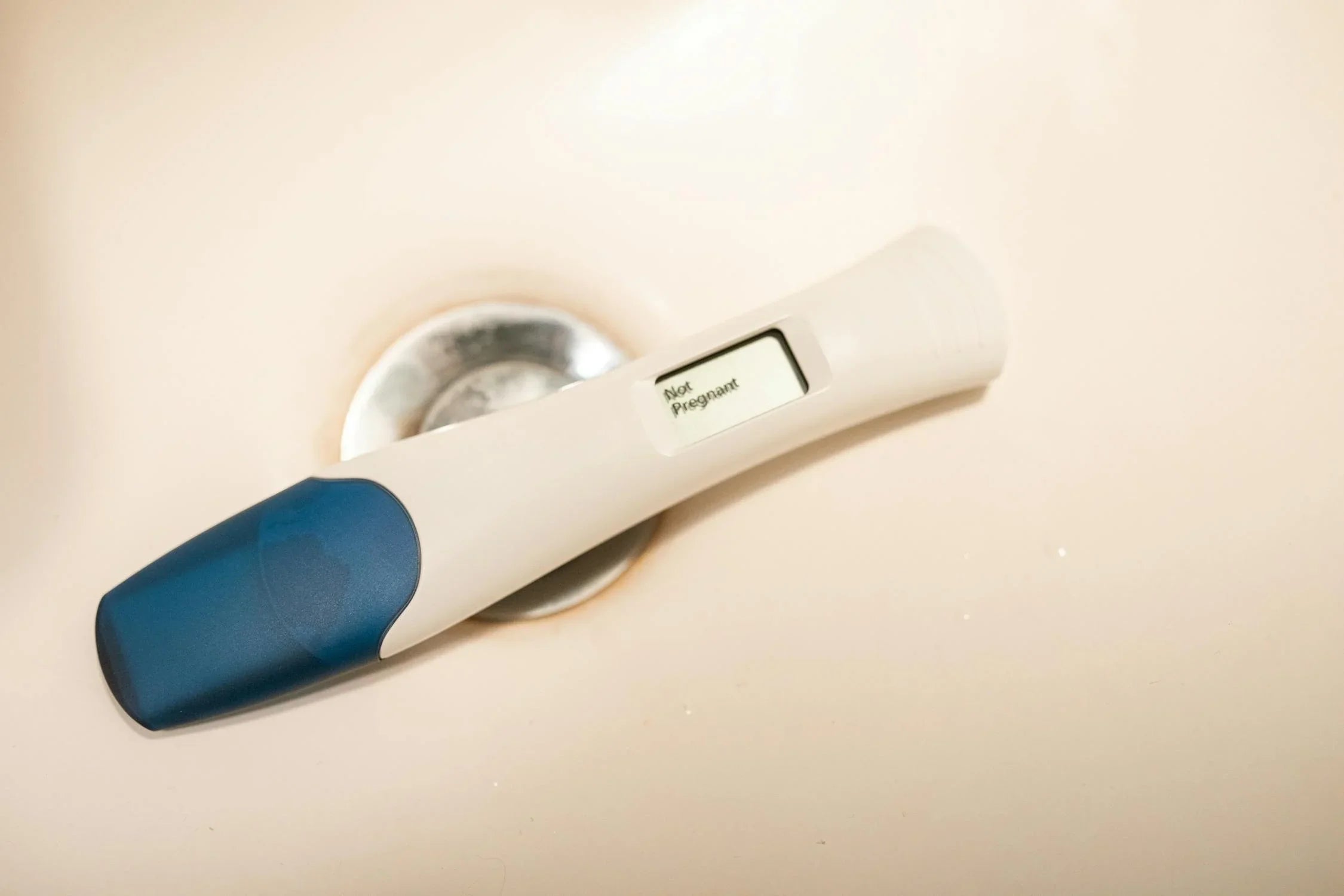Home
Pregnancy, Breastfeeding, and Pumping: The Ultimate Guide for Moms
How Early Can a Urine Pregnancy Test Detect Pregnancy

How Early Can a Urine Pregnancy Test Detect Pregnancy
When it comes to detecting pregnancy, timing is everything. Many women wonder just how early a urine pregnancy test can provide accurate results. The answer lies in understanding the science behind these tests and the factors that influence their accuracy. This article dives deep into the topic, offering insights and practical advice for those eager to find out if they are expecting.
Understanding Urine Pregnancy Tests
Urine pregnancy tests are designed to detect the presence of human chorionic gonadotropin (hCG), a hormone produced by the placenta shortly after a fertilized egg attaches to the uterine lining. hCG levels rise rapidly in the early stages of pregnancy, doubling approximately every 48 to 72 hours. Most urine pregnancy tests are sensitive enough to detect hCG levels as low as 20 to 25 mIU/mL, which typically occurs around 10 to 14 days after conception.
How Early Can a Urine Pregnancy Test Detect Pregnancy?
The earliest a urine pregnancy test can detect pregnancy is typically around 10 to 14 days after conception. However, this can vary depending on several factors, including the sensitivity of the test, the timing of implantation, and individual hCG levels. Some highly sensitive tests claim to detect pregnancy as early as 6 to 8 days after ovulation, but these results are not always reliable. For the most accurate results, it is generally recommended to wait until the first day of a missed period.
Factors Affecting Test Accuracy
Several factors can influence the accuracy of a urine pregnancy test. These include the timing of the test, the concentration of hCG in the urine, and the quality of the test itself. Testing too early can result in a false negative, as hCG levels may not yet be high enough to detect. Conversely, certain medical conditions or medications can cause false positives. It is also important to follow the test instructions carefully, as improper use can lead to inaccurate results.
Tips for Accurate Testing
To maximize the accuracy of a urine pregnancy test, consider the following tips:
- Wait until the first day of a missed period to test.
- Use the first urine of the day, as it is more concentrated and likely to contain higher levels of hCG.
- Follow the test instructions carefully, including the recommended wait time for results.
- If the test is negative but you still suspect pregnancy, wait a few days and test again.
When to See a Doctor
If you receive a positive result on a urine pregnancy test, it is important to confirm the pregnancy with a healthcare provider. They can perform a blood test, which is more sensitive and can detect lower levels of hCG. Additionally, a healthcare provider can provide guidance on prenatal care and answer any questions you may have about your pregnancy.
Understanding how early a urine pregnancy test can detect pregnancy is crucial for those eager to find out if they are expecting. By considering the factors that influence test accuracy and following best practices, you can increase the likelihood of obtaining reliable results. Whether you are hoping for a positive or negative result, being informed and prepared is the best approach.
Share

